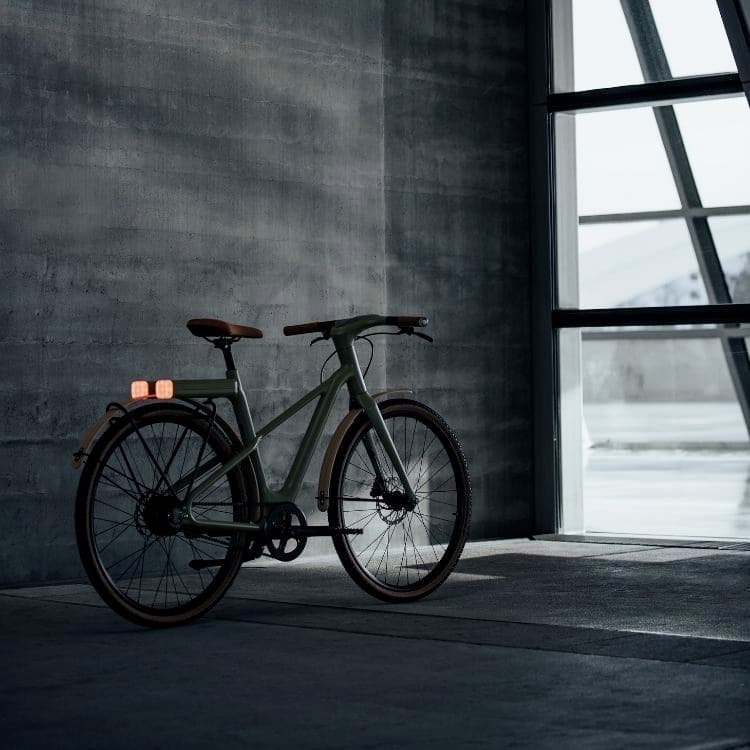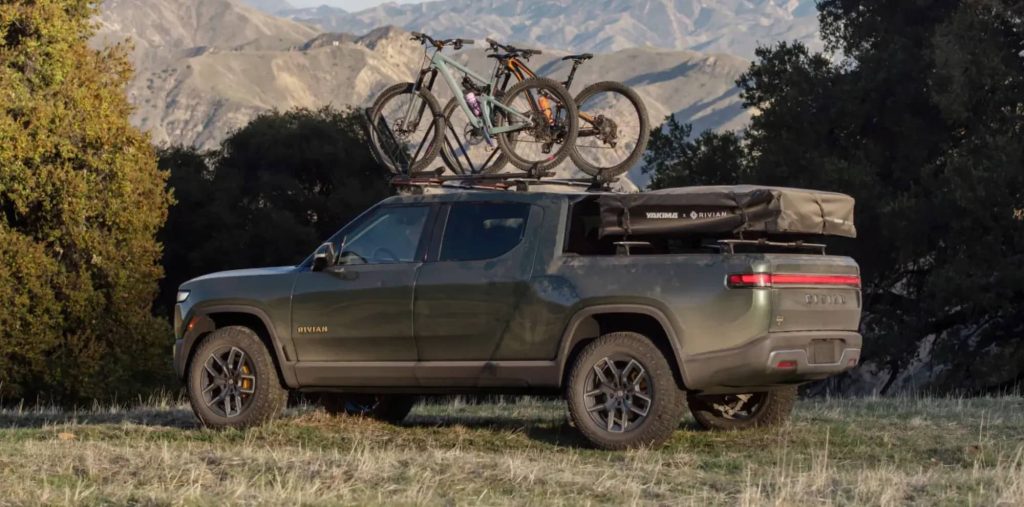Mini electric bicycles from the BMW brand may be here sooner than you’d think. That’s thanks to a new partnership with the French bicycle manufacturer Angell Mobility.
Automakers have been tripping over each other in a race to bring electric bikes to market lately, but they rarely produce them in-house.
Instead, most automakers partner up with existing bicycle manufacturers.
That’s exactly what BMW appears to have done when it decided to roll out one or more electric bicycles under its Mini brand.
We don’t yet have any imagery showing what those Mini-branded electric bikes will look like (which is why you’re looking at pretty studio images of Angell’s existing bikes), but we do know they’ll be produced at the Angell’s French factory based on Mini’s design. The bikes could be ready by the end of this year, according to Bike Europe.

Angell Mobility is fairly new company, founded in just the past three years. Despite its relatively young age, the company has already made a name for itself with two models of e-bikes based on a unique design that includes tech-forward features like app connectivity, turn signals, and integrated anti-theft systems that allows the company to guarantee the bikes against theft.
Automakers rushing to the e-bike market
BMW’s new partnership to make Mini-branded electric bikes isn’t the company’s first stab at the micromobility market.
BMW has unveiled concepts for high-powered electric bicycles as well as smaller electric scooters and even cargo electric bikes.
Several automotive manufacturers have also jumped on the electric bicycle bandwagon in the last few years, hoping to grab their own slice of the rapidly expanding market while eyeing the low barrier to entry for lightweight two-wheeled electric vehicles.

Toyota recently unveiled its own front-loading electric cargo bike designed for heavy-duty hauling jobs and commercial activities.
Peugeot has developed its own diverse line of e-bikes, and Spain’s SEAT previously teamed up with Barcelona-based Silence to brand its own seated and standing electric scooters.
GM once developed an attractive-looking folding electric bicycle in-house, though the e-bike was unfortunately killed off early in the COVID-19 pandemic. Getting back up on the horse, GM recently showed off a much more aggressive HUMMER e-bike that was produced through a licensing agreement to complement the colossal and excessive HUMMER EV.
ŠKODA rolled out one of the weirdest electric bike/scooter concepts we’ve seen, though there’s no indication that it is headed for production.
Jeep has gotten into the high-power e-bike game via licensing agreements, though its similar attempt to co-develop an electric scooter was significantly less impressive.

Rivian, the electric truck and SUV maker, recently expanded its trademark to cover electric bicycles. The company has also hired top talent in the electric bicycle industry, making a move toward e-bikes even more likely.
VinFast, a Vietnamese-based electric maker, also recently showed off four interesting new e-bike models.
Swedish electric car maker Polestar has announced that it will develop its own electric bicycles.
Even motorcycle manufacturers like Harley-Davidson, Ducati, and BMW Motorrad have gotten into electric bicycles and scooters, though Harley’s results and those from Ducati have been much more impressive than BMW’s.
With all of these different automakers eyeing the electric bicycle market, one thing is for sure: This isn’t the last time we’ll see a car company’s badge on the front of a two-wheeler.


